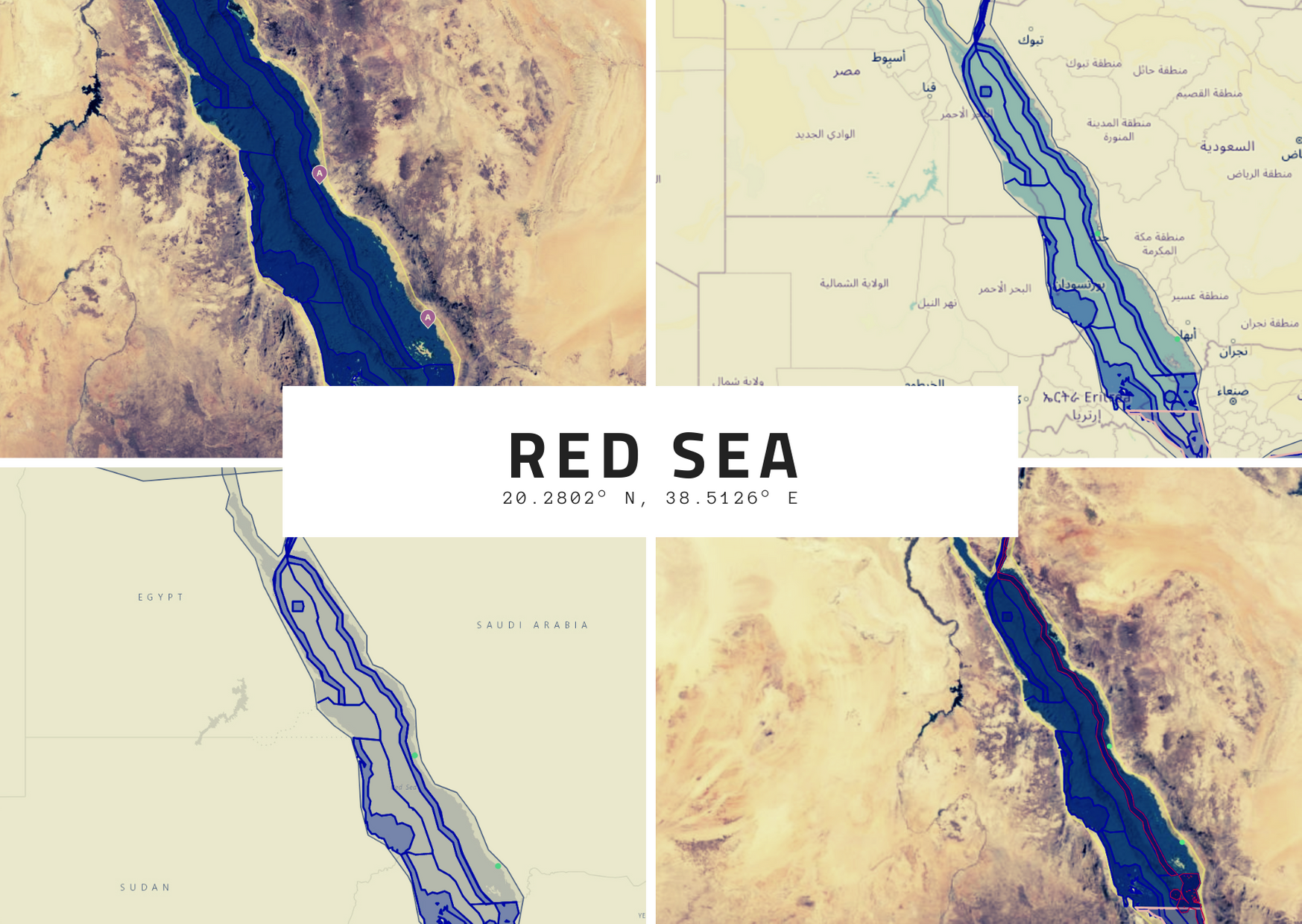In response to escalating threats and disruptions to maritime security in the Red Sea, the United States has formed a dedicated naval task force to counter the influence of Iranian-backed militias.
The move underscores the increasing concerns over the activities of such groups, particularly the Houthi militia in Yemen, which has received substantial support from Iran.
The Red Sea, a vital waterway linking the Indian Ocean and the Mediterranean Sea, has long been of strategic importance for global trade. Recent geopolitical developments, especially the actions of Iranian-backed militias, have raised alarms about the security and stability of the region. The Houthi militia's activities, including drone, rocket, and missile attacks, have directly threatened the stability of the area and international shipping.
The establishment of a specialized U.S. naval task force is a preventative measure aimed at enhancing monitoring, deterrence, and response capabilities against potential threats in the Red Sea. The task force aligns with broader U.S. objectives of maintaining regional security and balancing Iranian influence in the Middle East. The Houthi militia's disruptive actions, coupled with Iran's support, pose immediate threats, prompting the U.S. commitment to containing destabilizing forces.
However, the diplomatic and geopolitical landscape in the region adds complexity to the situation. Despite the strategic importance of the Red Sea for global trade, many Arab countries exhibit reluctance to openly support the U.S. initiative. The recent Israel-Gaza conflict has heightened tensions, making Arab nations hesitant to align themselves with the United States amid widespread anger over the Israeli-Palestinian conflict.
Iran, a major backer of the Houthi militia, vehemently opposes the U.S. initiative. Despite public denunciations, Iran treads carefully, attempting to downplay its involvement in Houthi attacks against Israel and Red Sea shipping while avoiding direct conflict with the U.S.
The success of the U.S. naval task force will depend on navigating the intricate diplomatic landscape and securing regional cooperation. Arab states, caught between the necessity of securing maritime commerce and political considerations, must carefully balance their responses to address regional security challenges effectively. As geopolitical dynamics continue to evolve, the task force's effectiveness will rely on a delicate dance of diplomatic efforts and regional collaboration.





